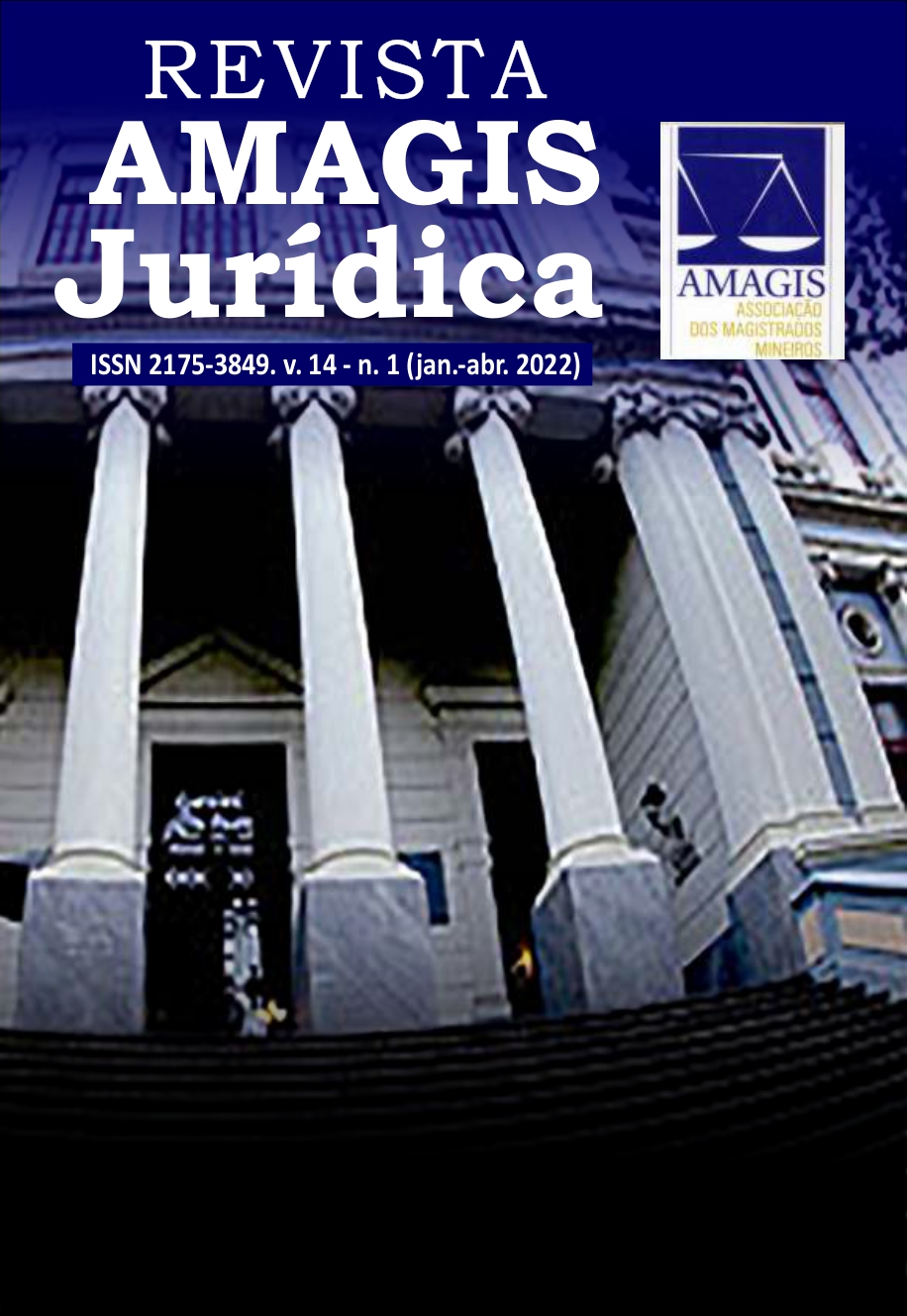The Legal Framework of Financial Reporting and Internaciojnal Financial Reporting Standards (IFRS) Application in Turkish Law
Resumo
Since the issuance of the European Union Directives in 1970s, 1980s and the enactment of Sarbanes-Oxley Act in 2002 in the United States, there has been a call for international accounting harmonization and the convergence of global accounting standards. The move towards a single set of accounting rules has been motivated by the principal aim to eliminate international differences in financial accounting standards and enhance comparability. Besides, the financial crisis culminating in 2008 raised the awareness of numerous economic stakeholders and political decision-makers of the potential impact of accounting standards on the results made public by the companies and on the economy as a whole. This awareness resulted in a more general positive reflection on International Financial Reporting Standards, on their conceptual framework and adoption process. Turkey’s EU integration process, its economic development and demands of the flourishing business has led the accounting practices to change from tax and state oriented towards international harmonization. In 2003, Turkish Capital Markets Board issued a communiqué requiring all listed companies to prepare and present their financial statements in accordance with IFRS from 1.st January 2005. In 2012, new Turkish Commercial Code was enacted. This new code, promotes and emphasizes fair competition, transparency, corporate governance principles, and most importantly accounting and auditing standards, both businesses and the accounting profession entered a new phase.



